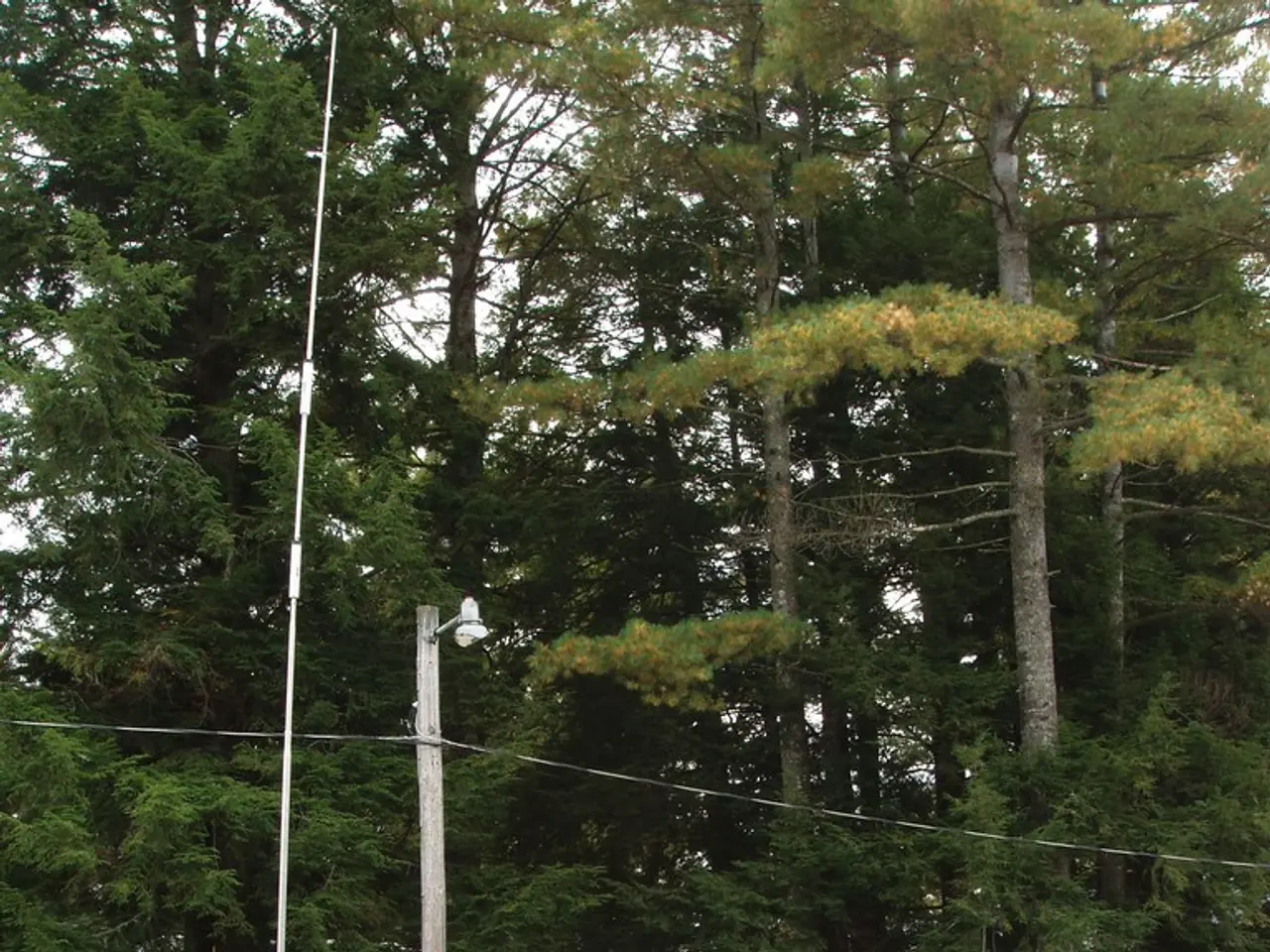Navigating a Caravan for the First Time: Essential Knowledge for Your Journey
Embarking on a caravan adventure for the first time can be an exciting yet daunting prospect. To ensure a safe and enjoyable journey, here are some key areas to focus on as a beginner.
Firstly, it's essential to match your vehicle and caravan appropriately. The maximum towing capacity of your vehicle should either match or exceed the weight of the caravan, including its braked towing weight and the gross weight when loaded. Check your vehicle specifications and abide by UK towing laws to ensure your license covers the towing you plan to do.
Secondly, taking professional towing courses is highly recommended before setting off on your first trip. These courses offer hands-on tuition on safe hitching, unhitching, reversing, and handling a caravan on the road. Major clubs like The Caravan & Motorhome Club, as well as independent instructors, provide such courses.
Using towing mirrors is another crucial aspect of caravan towing. Towing mirrors are legally necessary because they allow you to see a clear view at least 20 meters behind and 4 meters to the side of your caravan, which normal mirrors cannot provide. Invest in good quality towing mirrors and learn how to fit and adjust them correctly every time you tow.
Before setting off, performing a wind-back check is an important step in ensuring a secure hitch between the car and the caravan. This helps prevent trailer drag and ensures the caravan is properly engaged with the tow vehicle, which is important to avoid dangerous sway or disconnection.
Loading the caravan carefully is also vital. Load heavier items low and toward the front to maintain good nose weight (usually about 5-7% of the total caravan weight). Improper or uneven loading can cause instability, swaying, or loss of control.
Adhering strictly to towing speed limits is crucial for a safe journey. In the UK, this typically means no more than 60 mph on dual carriageways or motorways and 50 mph on single carriageways (unless otherwise posted). Lower speeds improve control and safety when towing.
Avoiding 'snaking', a dangerous movement of a caravan from side to side, is also essential. Snaking often occurs if the load is unbalanced or if driving too fast. To avoid it, load correctly, maintain steady speeds, keep a safe following distance, and avoid sudden maneuvers. If snaking starts, reduce speed gradually without braking harshly.
Lastly, motor movers can be a great aid for beginners. These battery-powered devices, fitted to caravans, allow you to maneuver them precisely in tight spaces without towing. They reduce stress when parking or positioning the caravan at a pitch.
In conclusion, safe and confident towing starts with matching your vehicle and caravan properly, gaining practical instruction via towing courses, ensuring visibility with towing mirrors, careful pre-departure checks and loading, respecting speed limits, and using aids like motor movers when appropriate. Happy trails!
[1] The Caravan and Motorhome Club: https://www.thecaravanclub.co.uk/ [2] The Camping and Caravanning Club: https://www.campingandcaravanningclub.co.uk/ [3] National Caravan Council: https://www.ncc-uk.org.uk/
Towing cars in a caravan can significantly enhance one's lifestyle, transforming travel into an enriching home-and-garden experience. To maximize enjoyment and ensure safety, it's advisable to train with professional towing courses and employ motor movers aiding in precise maneuvering in confined spaces during travel and pitching.





